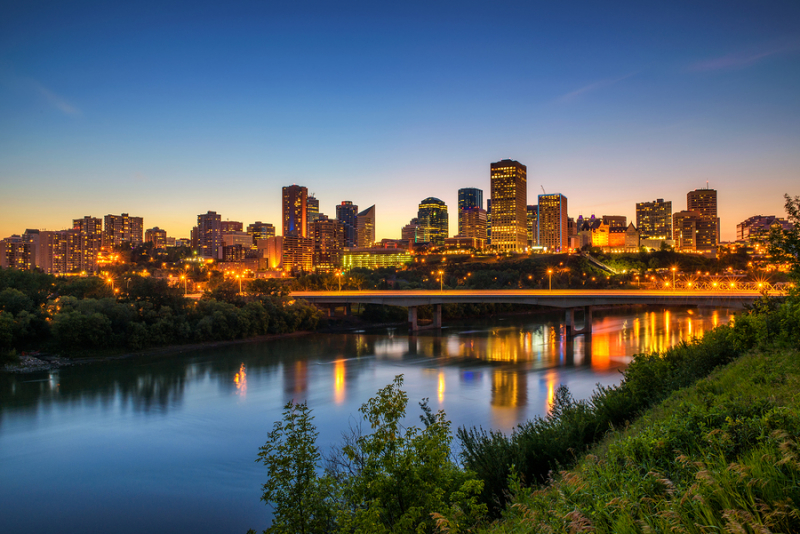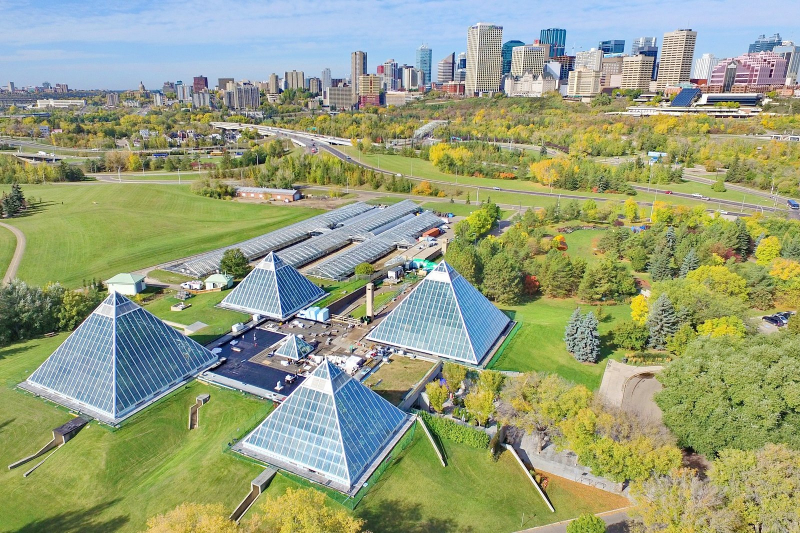Edmonton
The capital of the Canadian province of Alberta is Edmonton. The Edmonton Metropolitan Part, which is surrounded by the core region of Alberta, is centered at Edmonton, which is on the North Saskatchewan River. The "Calgary-Edmonton Corridor," as defined by Statistics Canada, has the city as its northernmost anchor.
Edmonton is a large metropolitan area in Canada, with a city population of 1,010,899 and a metropolitan population of 1,418,118. The northernmost city in North America, Edmonton is home to a metropolitan area of more than a million people. An Edmontonian is a person who lives in Edmonton.
Through a series of annexations through 1982, the incorporation of five nearby urban municipalities (Strathcona, North Edmonton, West Edmonton, Beverly, and Jasper Place), as well as the annexation of 8,260 ha (82.6 km2; 31.9 sq mi) of land from Leduc County and the City of Beaumont on January 1, 2019, contributed to Edmonton's historic growth. The city, which is sometimes referred to as the "Gateway to the North," serves as a staging area for massive oil sands projects in northern Alberta and massive diamond mining operations in the Northwest Territories.
Edmonton is a hub for government, culture, and education. The moniker "Canada's Festival City" refers to the city's year-round festival schedule. It is the location of Fort Edmonton Park, Canada's largest living history museum, and West Edmonton Mall, North America's second-largest mall (and the world's largest mall from 1981 to 2004).
Population: 1,010,899

















